IDEA SET
IDEA SET
Going Green
Going Green
Get ideas for how you can "go green" in your home, school, or community.
Grades
3 - 12+
Subjects
Earth Science, Experiential Learning
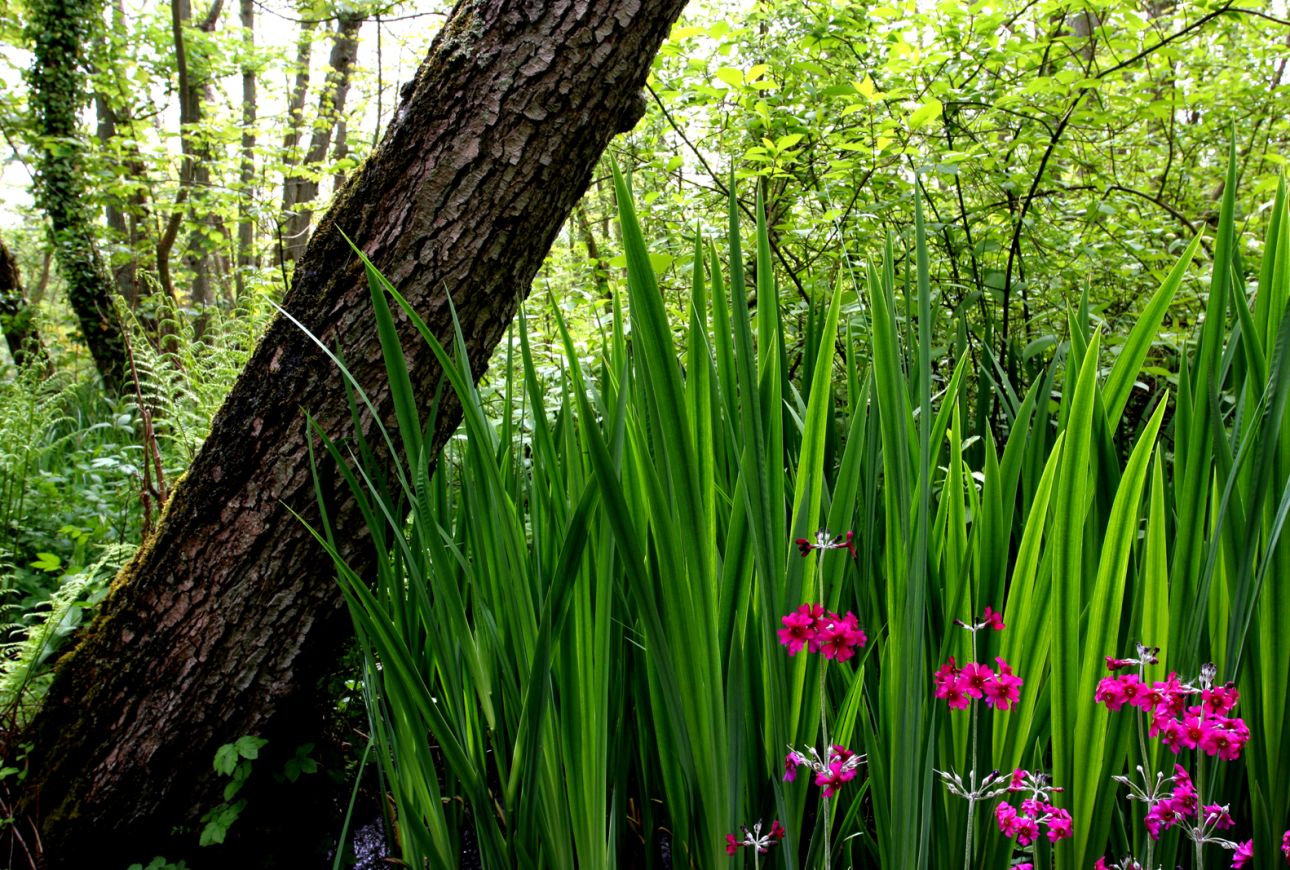
Photograph by Charcrit Boonsom, MyShot
Get ideas for how you can "go green" in your home, school, or community. Go beyond recycling and turning off lights—really work to make a difference.
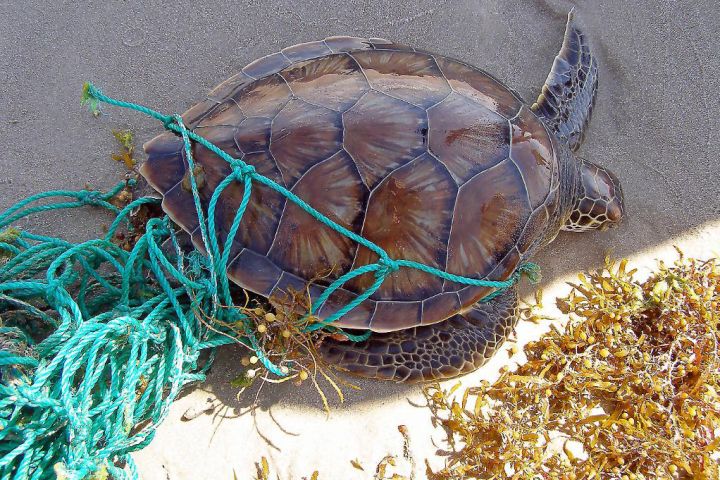
Beach Pick-Up
Clean up an ocean beach or the beach of a lake or pond.

Fix Leaky Faucets
Watch for drips in any faucets in your home. Ask an adult to fix them.
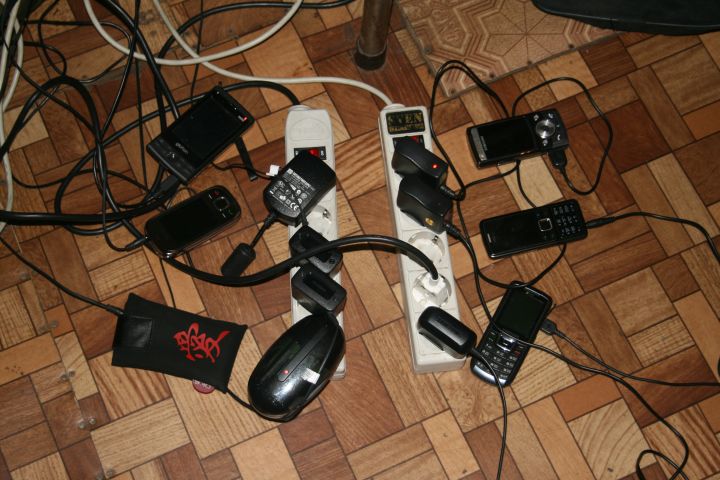
Use Rechargeable Batteries
Recycle them when they can no longer be recharged.

Donate Things
Collect things you no longer use and clothes you've outgrown. Give them to charity.
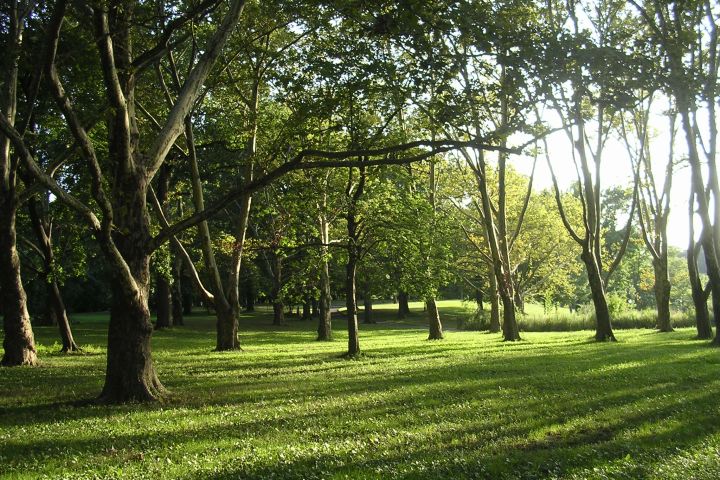
Plant Trees
Plant trees in your neighborhood or community.
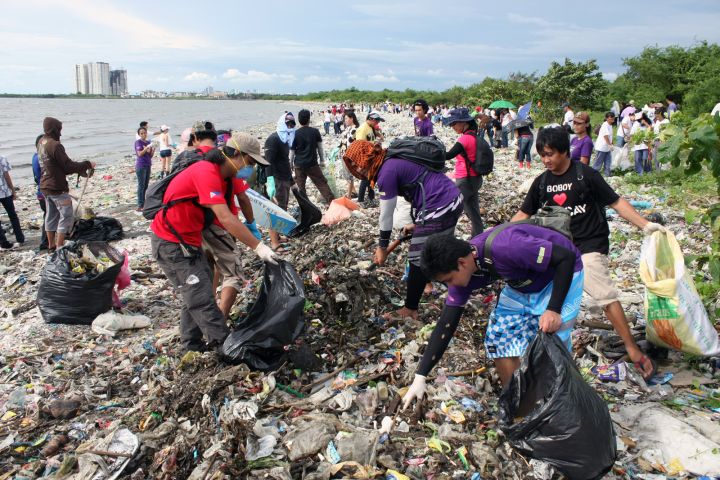
Pick Up Trash
Clean up litter on your street.

Use Fluoresenct Lightbulbs
When traditional lightbulbs burn out, replace them with compact fluorescent lightbulbs.

Borrow Before Buying
Borrow books and movies from a local library instead of buying new copies.
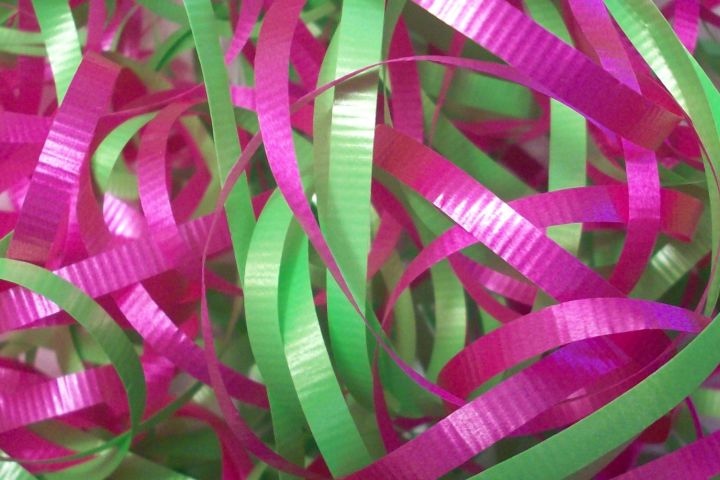
Creative Wrapping
During the holidays, recycle wrapping paper and ribbons. You can also wrap presents in the comics section of the newspaper.

Conserve Water
Research ways to save water, such as watering the lawn early in the morning or late in the day, using drip irrigation, and using a bucket instead of a hose to wash the car.
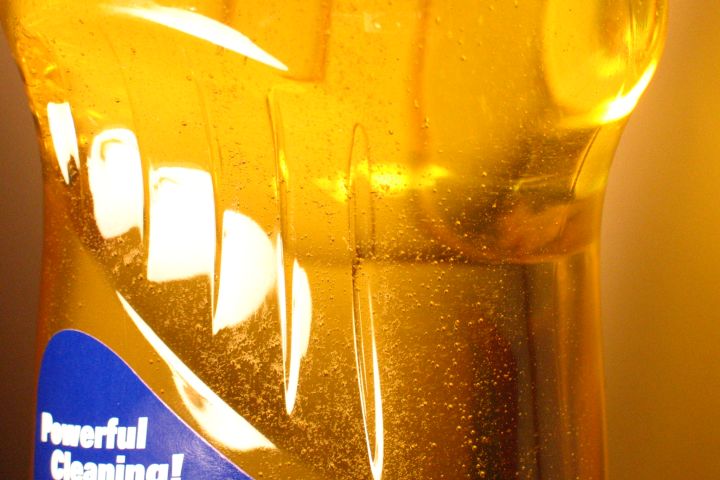
Throw Out Harmful Products
Under the supervision of an adult, investigate how to safely use, store, and dispose of cleaning products, fertilizer, oil, and other harmful substances. What types of products are safe for the environment?
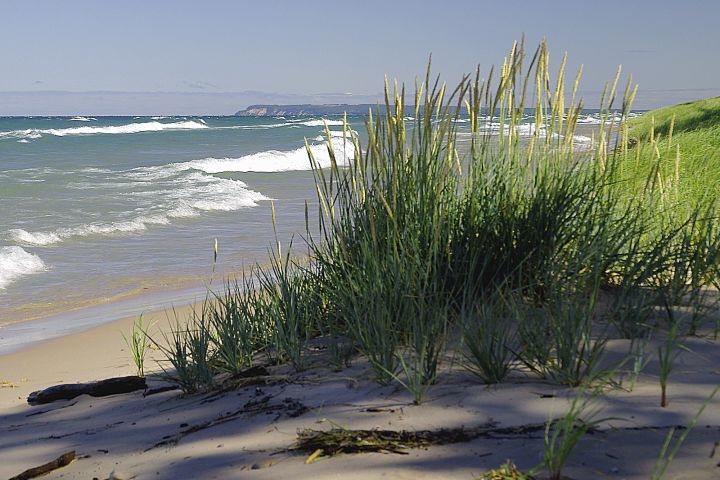
Prevent Erosion
Plant shrubbery, trees, or other plants to help prevent erosion on hillsides or land without enough plant life to keep the dirt in its place.
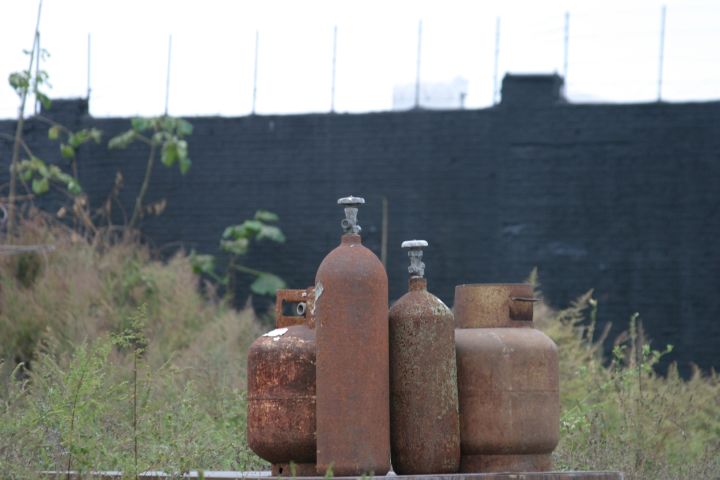
Clean-Up
Clean up a vacant parking lot or piece of land in your community.
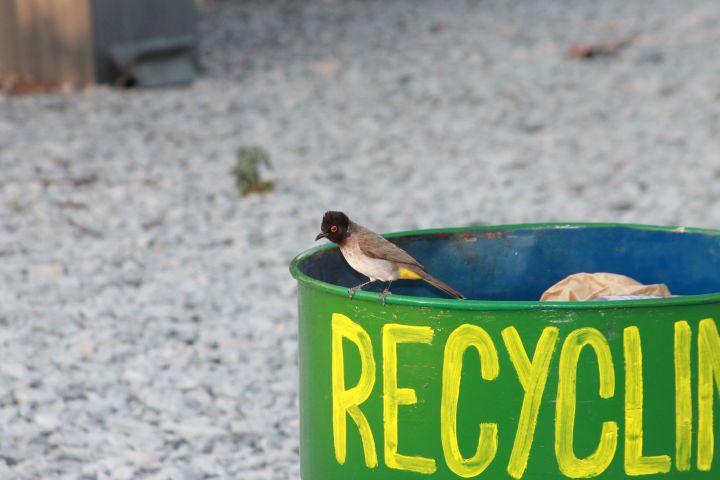
Recycle
Start a recycling program in your community.
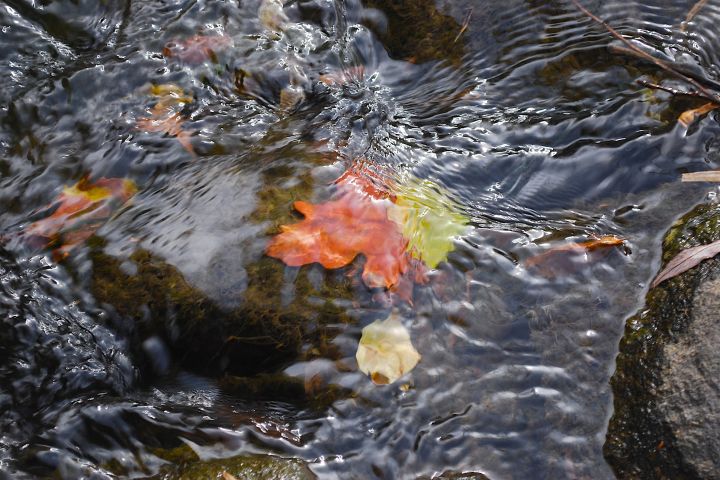
Water Clean-Up
With an adult, clean up a stream, river, or other body of water in your community.
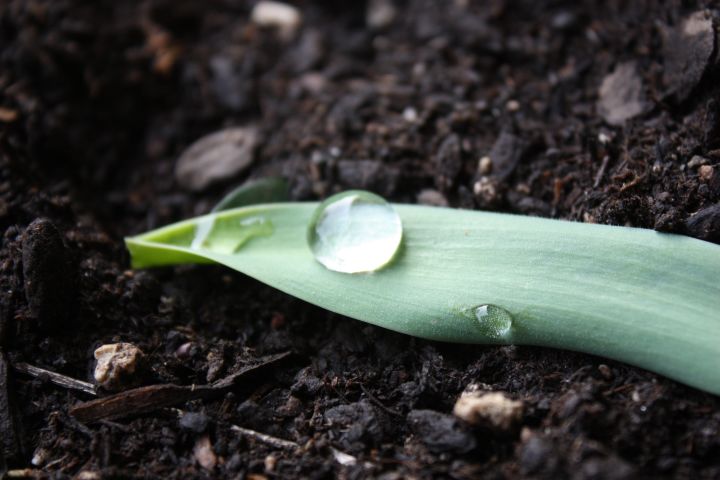
Test Water
Test the water and soil in and around your home.

Green Your Yard
Practice backyard conservation, such as planting vegetation, cleaning up green spaces, or hanging a bird feeder in the backyard.

Create a Compost Pile
In layers, add “wet” waste, such as kitchen scraps or grass clippings. Add “dry” waste, such as dry leaves or hay. Add some water as you go. Fruit and vegetable material is great for compost; never add raw meat, eggs, or human or pet waste. Consider getting worms to help with the project.
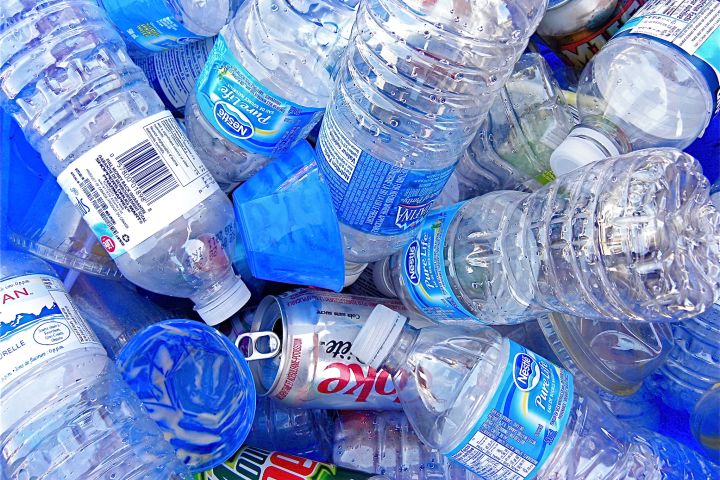
Start a School Recycling Program
Ask a teacher to help you get bins for recycling in the lunchroom. Ask the principal to buy recycled paper.
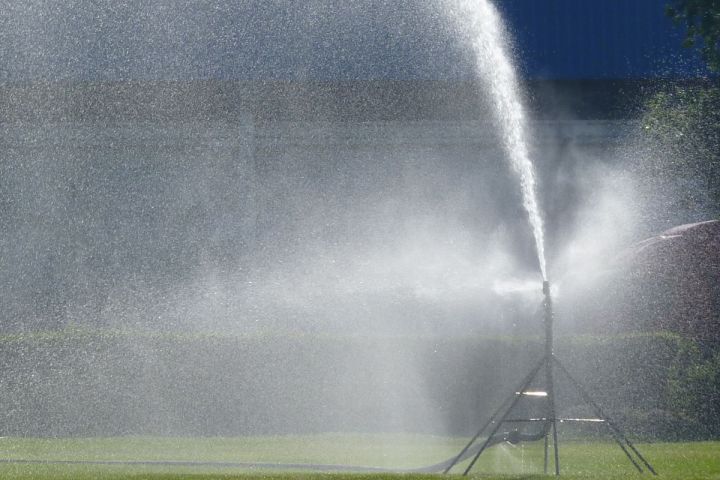
Calculate Your School's Daily Water Usage
Use this online tool to help. Start a school-wide campaign encouraging everyone to use less water.
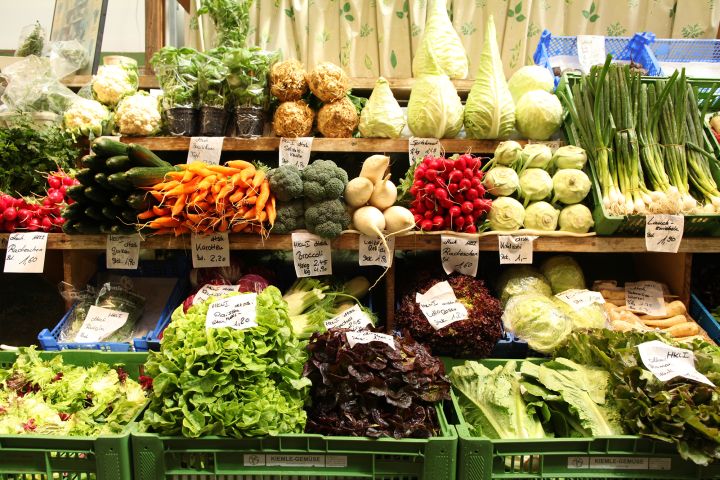
Shop Locally
Encourage your family to shop locally. Always bring reusable shopping bags to stores.
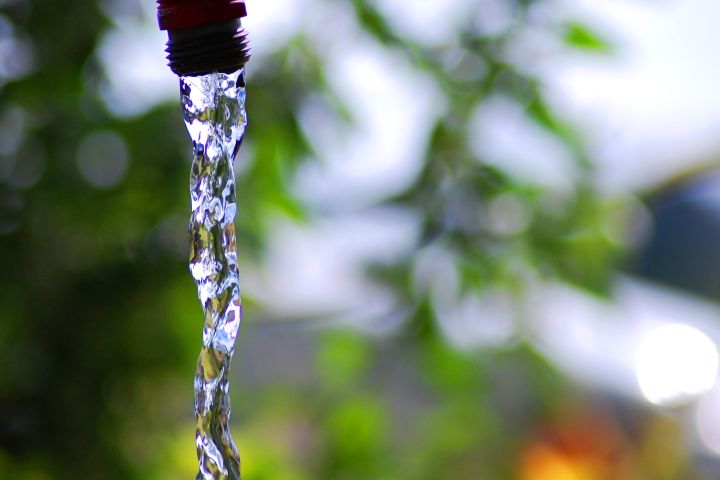
Research Your Local Water Supply
How do the people who live upstream behave? Are they aware of those downstream, or do they contaminate the water? Do you do things that might pollute water for others? What are some steps your family could take to minimize its impact on air and water quality?
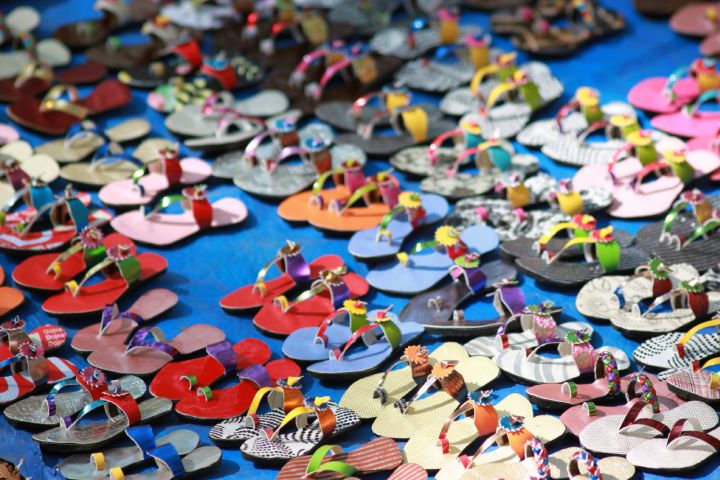
Before You Recycle, Upcycle
Take something that you would otherwise throw out and find a way to make it into something else that you can use. For example, make a bag with fabric from clothes you don't want. Or turn a broken bowl into a plant pot.
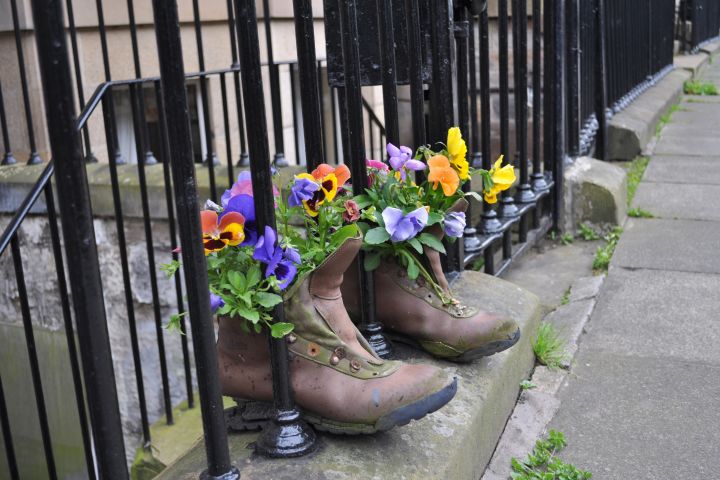
Reuse
Instead of throwing away items such as margarine tubs, jelly jars, or milk cartons, think of other uses for them, like pots for house plants.
Media Credits
The audio, illustrations, photos, and videos are credited beneath the media asset, except for promotional images, which generally link to another page that contains the media credit. The Rights Holder for media is the person or group credited.
Writer
Editor
Photo Researcher
other
Last Updated
March 18, 2024
For information on user permissions, please read our Terms of Service. If you have questions about how to cite anything on our website in your project or classroom presentation, please contact your teacher. They will best know the preferred format. When you reach out to them, you will need the page title, URL, and the date you accessed the resource.
Media
If a media asset is downloadable, a download button appears in the corner of the media viewer. If no button appears, you cannot download or save the media.
Text
Text on this page is printable and can be used according to our Terms of Service.
Interactives
Any interactives on this page can only be played while you are visiting our website. You cannot download interactives.